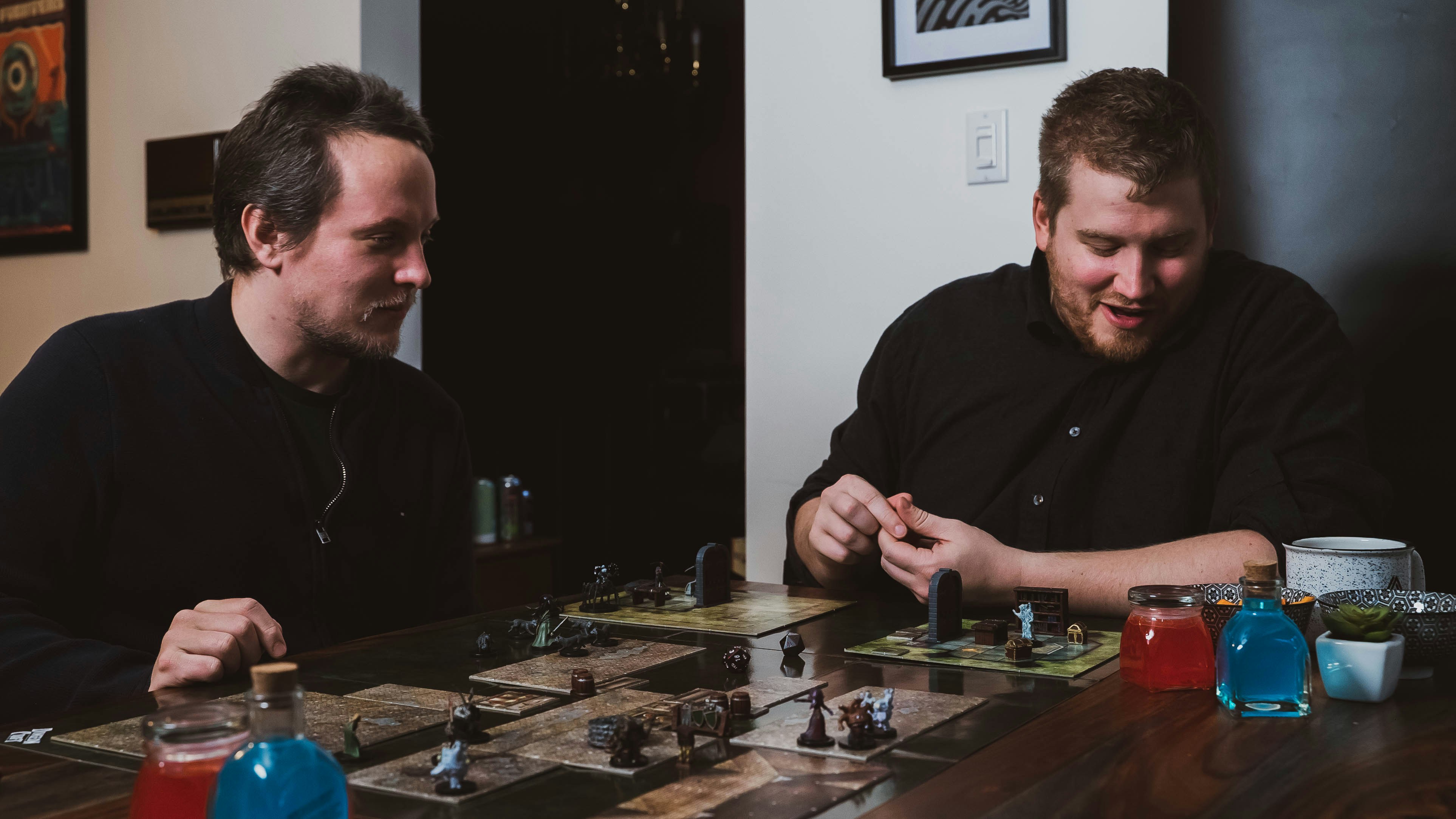News release
From:
The Royal Society
Dungeons and therapy - Could taking role-playing offline help with social anxiety and problematic gaming? This pilot study enlisted twenty gamers with social anxiety and sub-clinical problematic video game use to play the tabletop game Dungeons and Dragons for ten weeks. It found most participants saw some reduction in anxiety and gaming symptoms. This is the first quantitative study of the therapeutic use of Dungeons and Dragons and should now be tested with clinical participants, the authors said. Open Science
Journal/
conference:
Royal Society Open Science
Organisation/s:
Flinders University, University of Lausanne, Switzerland
Funder:
The present registered report was supported by a research grant from the ‘Direction Générale de la
Santé du Canton de Vaud’ (DGS-VD-Switzerland) awarded to Joël Billieux. Loïs Fournier was supported by the
Swiss National Science Foundation under a ‘Doc.CH’ Doctoral Fellowship [Grant ID: P000PS_211887]. The funding
agencies had no role in design, data collection and analysis, publication decision, or manuscript preparation.



 Australia; International; SA
Australia; International; SA



